The United Nations has called for urgent reforms in Bangladesh after investigating human rights violations that occurred between July 1 and August 15, 2024.
The UN Office of the High Commissioner for Human Rights (OHCHR) sent a fact-finding team to look into these incidents and interview protesters, some of whom were severely injured during that time.
The findings, released in a report yesterday, point to five key sectors where significant changes are needed to stop future violations.
In the report, the UN made strong recommendations for reforms in areas like accountability, the justice system, police and security forces, civil rights, the democratic environment, political systems, and economic governance.
These reforms are seen as crucial for creating a fairer and more democratic Bangladesh.
The report emphasized, “To put an end to human rights violations and build a future for Bangladesh, reforms in these areas must be carried out as a priority.”
It also said that acting on these recommendations could improve human rights in the country and help create a just and democratic society.
Here’s a closer look at the five sectors where the UN is calling for immediate reforms:
1. Accountability and Justice Sector:
- Fair Investigations and Prosecutions: Ensure thorough investigations and legal actions for extrajudicial killings, torture, enforced disappearances, and gender-based violence, holding perpetrators accountable.
- Evidence Protection: Collect and preserve evidence, implement a witness protection program, and enforce disciplinary actions against evidence tampering or intimidation.
- Legal Reforms: Suspend officials facing credible allegations and reform legal frameworks to prosecute serious human rights violations in civilian courts, even for military personnel.
- Victim-Centered Justice: Launch inclusive consultations to develop transitional justice models focused on prevention, social cohesion, and national healing, offering reparations and support to victims.
- Independent Judiciary: Protect the independence of the judiciary by ensuring recruitment, discipline, and tenure are free from political interference and harassment.
- Death Penalty Moratorium: Consider a moratorium and possible abolition of the death penalty in line with international standards.
2. Police and Security Sector:
- Use of Force and Firearms: Restrict the use of lethal force in crowd control, emphasize de-escalation tactics, and ban metal shot ammunition for public order management.
- Police Reforms: Reform police doctrines and training to focus on forensic techniques rather than coerced confessions, implement transparent recruitment processes, and establish an independent police oversight commission.
- Accountability for Armed Forces: Disband the Rapid Action Battalion (RAB), reassign personnel not involved in violations, and confine the military’s role to border control and intelligence.
- Vetting and Screening: Conduct independent vetting of police and military officials involved in human rights violations, and establish a mechanism to ensure personnel deployed to peacekeeping missions have clean records.
3. Civic Space:
- Laws Restricting Freedoms: Impose a moratorium on arrests or investigations under laws like the Cyber Security Act, Official Secrecy Act, and others used to stifle dissent. Protect media, civil society, and activists from arbitrary arrest or intimidation.
- Surveillance Reforms: End unlawful surveillance of journalists, activists, and political opponents. Conduct an independent inquiry into surveillance practices and ensure the security forces comply with human rights obligations.
- Internet Freedom: Implement transparency and judicial oversight for internet shutdowns or website blocking, ensuring these measures are used only for legitimate and proportional purposes.
- Civil Society Funding: Amend laws restricting funding to civil society organizations, allowing them to operate freely under international human rights norms.
4. Political System:
- Free and Fair Elections: Create an enabling environment for genuine elections by ensuring respect for fundamental freedoms and implementing measures that ensure a level playing field for political parties.
- Participation in Public Affairs: Engage citizens actively in the democratic process to ensure better governance and stronger oversight over political influences.
5. Economic Governance and Anti-Corruption
- Confiscation of assets acquired through corruption and ensuring transparency in foreign transactions.
- Making the Anti-Corruption Commission independent and effective.
- Preventing the monopoly of vested interest groups by creating a competitive market environment.
- Implementing a fair tax system and reducing income inequality by increasing direct taxes on the wealthy and large businesses.
- Amending labor laws to ensure workers` rights, minimum wage, and a safe working environment.
These reforms are designed to address human rights violations, promote justice, and build a transparent, democratic political system in Bangladesh.


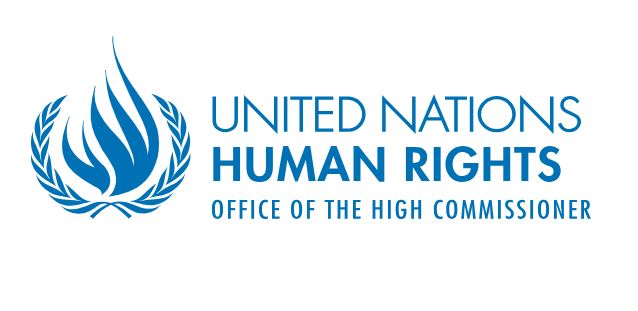




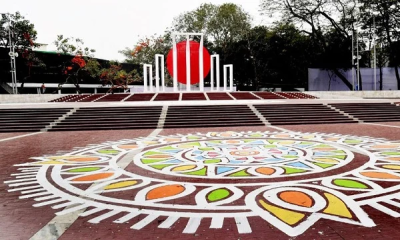



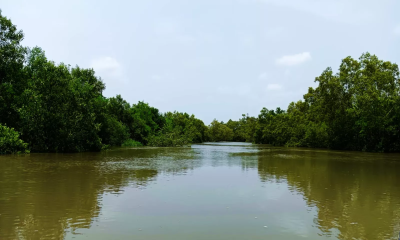

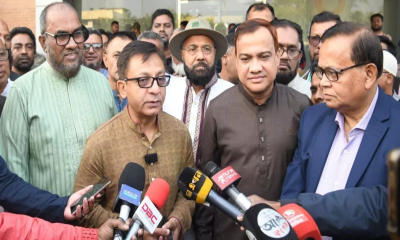
-20260220065859.jpeg)
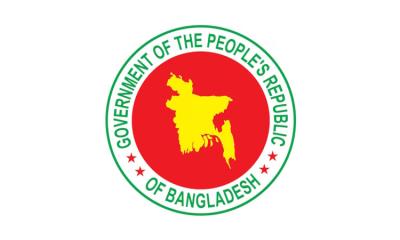
-20260219110716.webp)
-20260219054530.webp)














